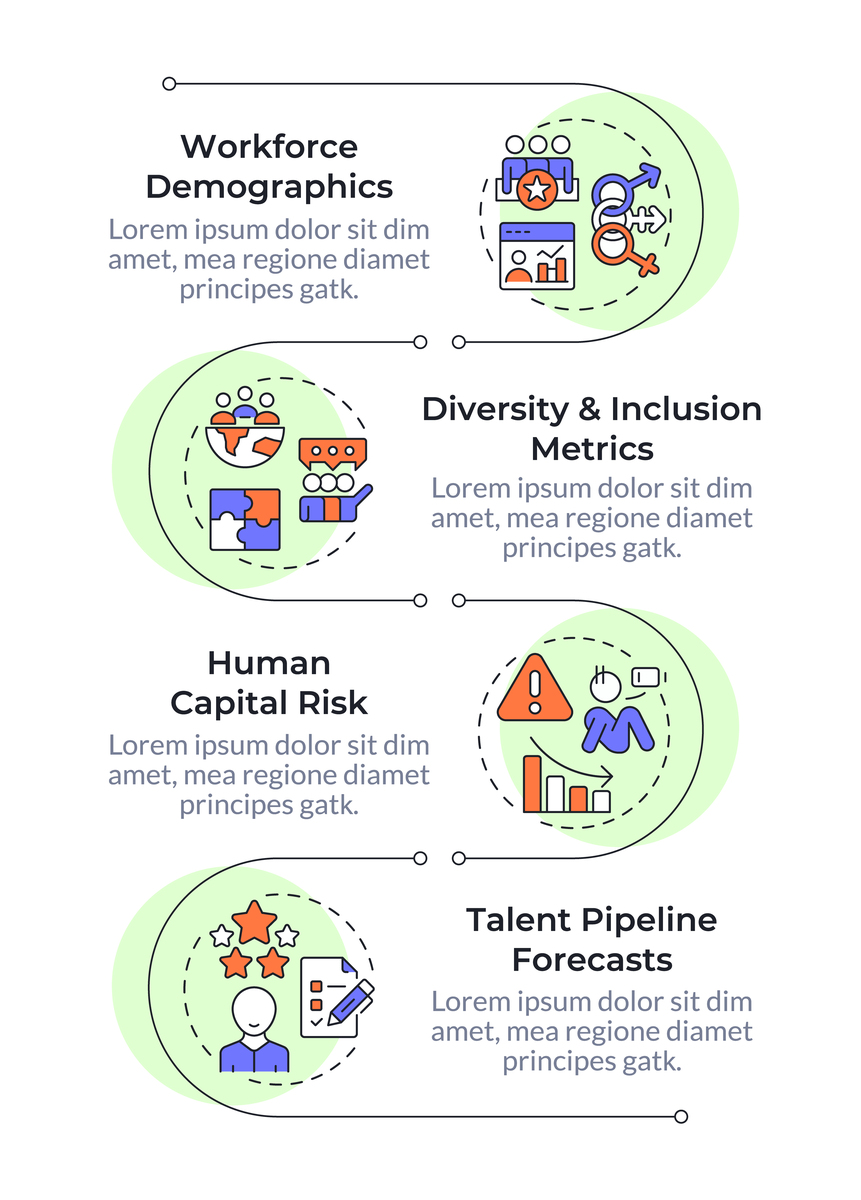Lying Flat: Limitations of Academic Research and Future Directions
The academic study on lying flat has several limitations that need to be addressed. Firstly, most of the research conducted so far has been based on self-reported data, which is subjective and can be influenced by recall bias, social desirability bias, and other factors. Future research should try to employ objective measures, such as physiological and neurological data, to validate self-reported findings.
Secondly, most of the studies have been conducted in laboratory settings, and it is unclear whether the findings can be generalized to real-life situations. Researchers should attempt to replicate the findings in naturalistic settings such as homes, schools, and workplaces.
Thirdly, most of the research has focused on the physical benefits of lying flat, such as reducing back pain and improving sleep quality. More research is needed to explore the psychological benefits of lying flat, including its impact on stress, anxiety, and mood.
Lastly, the existing research has not investigated individual differences in lying flat, such as age, gender, and body mass index. Future research should examine how these factors influence the effects of lying flat.
In conclusion, while the academic study on lying flat has provided some valuable insights, several limitations need to be addressed. Future research should employ objective measures, explore the psychological benefits of lying flat, investigate individual differences, and test the findings in naturalistic settings.

原文地址: https://www.cveoy.top/t/topic/lQha 著作权归作者所有。请勿转载和采集!